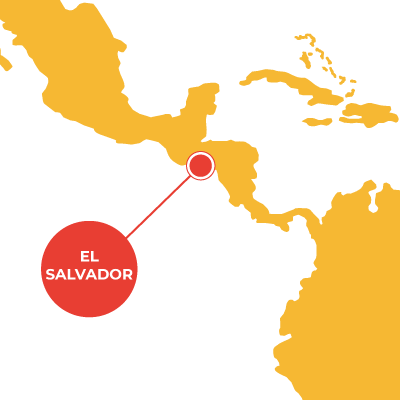Food security and emigration | Why people flee and the impact on family members left behind in El Salvador, Guatemala and Honduras | Summary
Emigration (or out-migration) trends in Central America are conditioned by political and socioeconomic conditions in the region and increase in response to civil strife and poverty. This study collected and analysed data on food security and environmental and climatic factors as potential triggers for out-migration. The geographical focus of the study was El Salvador, Guatemala and Honduras, particularly the most vulnerable part of these countries known as the Dry Corridor.

